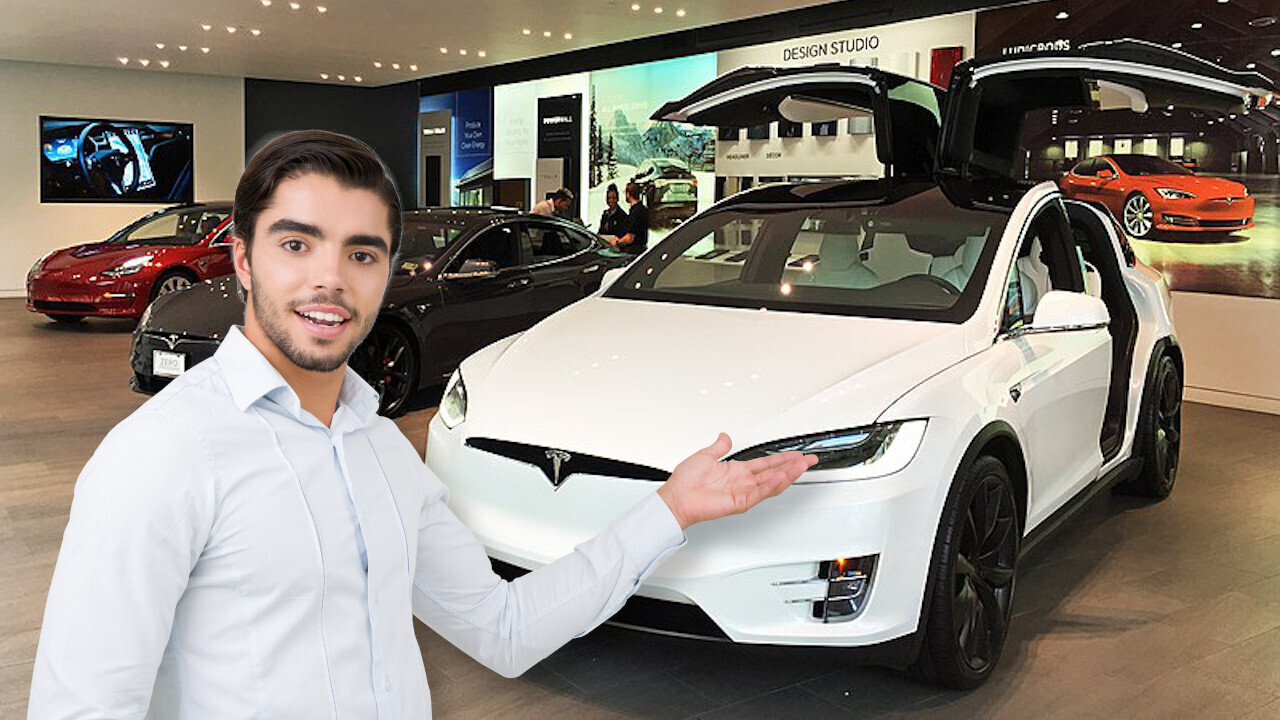
This article was originally published by Brent Gruber from JD Power on Clean Fleet Report, a publication that gives its readers the information they need to move to cars and trucks with best fuel economy, including electric cars, fuel cells, plug-in hybrids, hybrids and advanced diesel and gasoline engines.
Conventional wisdom on what constitutes effective engagement with prospective buyers will have to be revisited if the automotive industry is going to effectively pivot to support the nascent — though growing — EV market.
- To advance and meet projected electric vehicle (EV) production and sales volumes, a significantly higher level of engagement and education must take place during the presale period.
- Shoppers considering an EV purchase often do not have a solid understanding of what it means to own and “live with” this new category of vehicle.
- Automakers, utility companies and especially dealerships have roles to play in educating the mainstream consumer base.

A growing number of manufacturers have committed to the production of all-electric fleets. To meet this rise in projected supply, key players in the automotive sector will need to significantly increase their education and engagement with shoppers. With EVs making up less than 3 percent of the U.S. auto market, the industry is in a situation where supplies (or at least suppliers) are ahead of consumer demand. This can be financially risky.
If the industry is going to effectively pivot to support the nascent—though growing—electric vehicle (EV) market, key stakeholders in the automotive ecosystem will need to revisit what constitutes effective engagement with prospective buyers and significantly increase presale education.
Education: Biggest hurdle to mass adoption of EVs
Owning an EV is a significantly different experience than owning a conventional car or truck. Consumers considering EV purchases face many unknowns when it comes to living with this type of vehicle. Because a full 50 percent of consumers surveyed in the recently published J.D. Power 2021 U.S. Electric Vehicle Consideration Study have never even been in an EV, a lack of awareness and information was cited as a reason they are not inclined to make an EV purchase. Areas of confusion facing consumers include understanding and managing charging options; range anxiety; and a lack of awareness about programs and incentives that are available from local utility companies. According to the J.D. Power 2021 U.S. Electric Vehicle Experience (EVX) Ownership and Home Charging studies confusion remains even after the purchase, particularly among those who are new to EV ownership.

Most people are not aware of public charging stations currently available in their communities, nor have they been exposed to communications about investments being made to build out this infrastructure. This knowledge gap is further exacerbated by the fact that what little information that is made available has not been presented in a cohesive or coordinated manner by the industry.
While automakers, utility companies and third-party charging station providers all have roles to play in educating the consumer base, dealerships arguably have the biggest role—and biggest incentive—with creating demand by engaging with non-EV owners. They are in the best position—physically—to engage with the shopper in a local context. As a result, dealerships can provide important insights into the resources, policies and incentives that are unique to their community.
Living with EVs
Beyond education on the local landscape, prospective buyers must understand what it means to live with an EV. It requires a unique approach to planning for different driving experiences so that potential pitfalls can be avoided.

Take for instance, the all-American road trip tradition. Conventional vehicle owners simply need to know how to gas up and go. EV owners on the other hand need to be aware of their vehicle’s range and the charging infrastructure that is available over the course of their route.
New daily driving habits must also be developed. Charging awareness is the key to addressing range anxiety and is an issue that will subside as a robust infrastructure evolves to support the growing fleet of EVs on the streets. Since most owners will likely have a charging kit at home, they can simply charge the battery overnight, similar to what they do with their mobile devices. This means that in most cases a sufficient charge is available in the morning when owners go to work or run errands. It is simply a different experience than with a gas-powered vehicle. Owners can’t top-off gas tanks at home.
As consumers figure out how to integrate EVs into their daily lives, driving range ceases to be the deterrent that many think it is. The key issue revolves around when and how consumers are put behind the wheel, literally and figuratively. It will be up to the industry to determine the investments that should be made to engage and educate EV shoppers sooner rather than later.
Do EVs excite your electrons? Do ebikes get your wheels spinning? Do self-driving cars get you all charged up?
Then you need the weekly SHIFT newsletter in your life. Click here to sign up.
Get the TNW newsletter
Get the most important tech news in your inbox each week.




